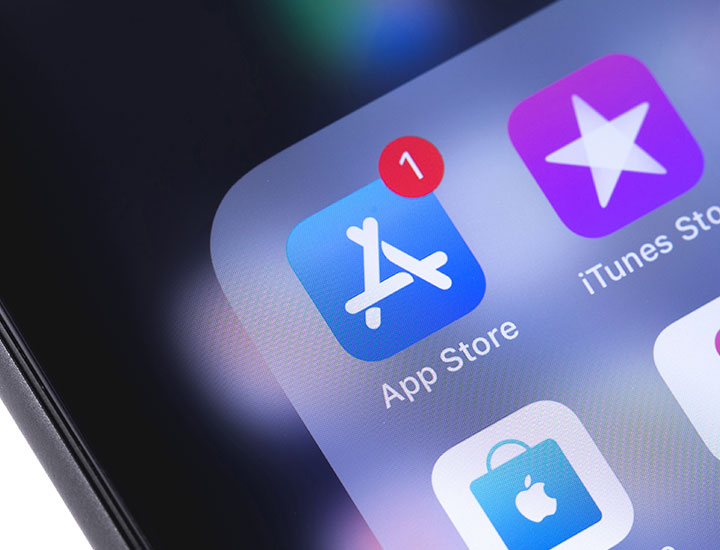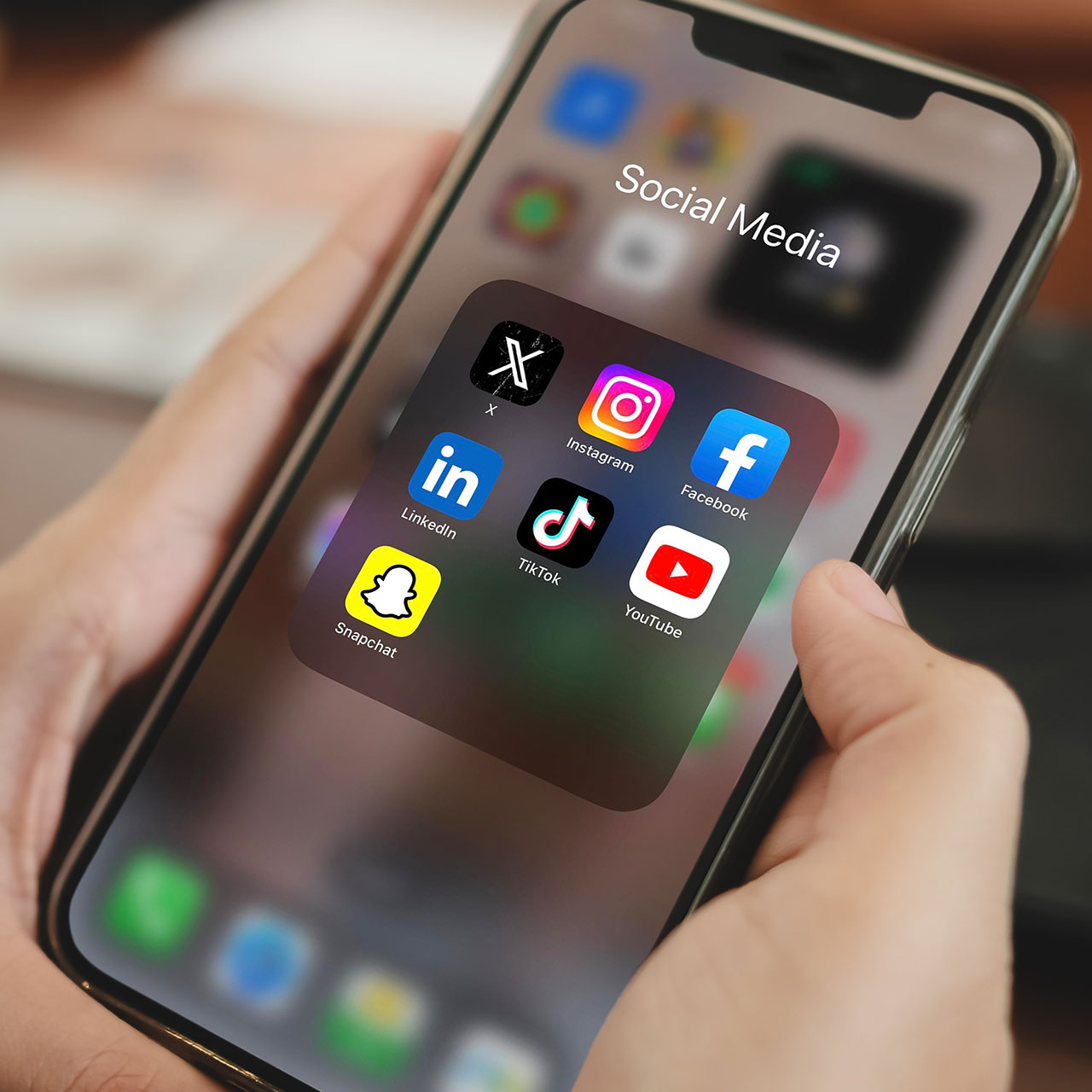This post has been updated since it was originally published on November 19, 2023.
Let’s talk apps.
They make your phone what it is, of course. But, in some cases, they can be so busy — with a dizzying number of features — that they also stall your device and make it run slower and less efficiently. The question truly is: which apps are worthy of your time and your phone’s storage space, and which should you consider deleting for the sake of a better running phone? The answer is going to differ from one user to another, but generally speaking, there are a few apps that rise to the top of the list when tech experts are asked about the best apps to delete. Here are nine apps you should never download, according to tech experts (because they slow your iPhone).
There’s really no way around it: if you are interested in making changes to your iPhone in order to bring it up to speed and help it work better, most tech experts are going to recommend that you first get rid of the Facebook app. “This app is notorious for sucking up a lot of battery life and slowing down older iPhones,” says Tech Expert Aidan Bernard at The Big Phone Store. “If you’re having trouble with your Facebook app, delete it and try using the website instead.”
Camera+
Camera+ is one of the most popular photography apps, with over 200 million downloads, says Tech Expert Luciano Colos from PitchGrade.com. “Unfortunately, Camera+ is one of the most battery-intensive apps available for the iPhone,” Colos said. “This is due to the high number of features in the app, which require a lot of processing power.”
This is one of those cases where you may need to ask yourself: does your need to edit photos with an app that provides multiple features outweigh the need to have an efficient iPhone that works as fast as possible?
Pandora
It’s just one of those facts of iPhone streaming that most of us come to terms with: if you want access to all of your music or movies, the price you pay is a battery that drains faster. But some apps are more draining than others. “Pandora is a music streaming app that allows users to listen to their favorite music,” Colos said. “Pandora is not recommended by tech experts because it drains the battery of your phone quickly. This is because it uses cellular data, which can be expensive.”
Making the switch to Google Play Music may help extend your battery life, according to some experts.
If you’re having issues with your iPhone and can’t deal with the lag anymore or with wondering if you’re putting your security at risk, try deleting these three apps first to see if it makes a big difference in your smartphone experience.
Weather Apps
Your iPhone already has a built-in weather app. Granted, it’s basic (though it gets the job done). But downloading yet another weather app with more bells and whistles is just going to take up resources on your device that can affect the phone’s battery and even compromise your privacy and security (remember: weather apps require your location to do their jobs).
Too Many Navigation Apps
Similar to weather apps, your phone has Apple Maps. You may not love Apple maps, so this leads you down the path to finding other navigation apps that have cool features. But the problem with downloading too many nav apps is that they are very taxing on your battery. Be selective when it comes to these apps.
Dating Apps
No one is going to recommend that you not download dating apps, for obvious reasons. But if you can keep the number of dating apps you use to a minimum, it will really help your battery not become drained super fast.
Games That Haven’t Been Updated In Ages
Don’t download games unless they have a good reputation and are recently updated. Too many games feature bugs and security flaws. Games are also notoriously resource intensive and that means they can and will drain your battery.


Snapchat
Snapchat is known for its multimedia features, including real-time camera filters and heavy data processing. The app constantly uses resources such as CPU, memory, and battery to process images, videos, and location-based features, which can result in slower overall device performance, according to Tech Expert Zeshan Malik.
To address this issue, Malik suggests the following step:
** Limit Snapchat's data usage: Open Snapchat, tap your profile icon in the top left, go to Settings (gear icon) > Data Saver, and enable the "Travel Mode" option. This prevents automatic downloading of content and can reduce the app's impact on your device's speed.
** Disable location services for Snapchat: Go to your iPhone's Settings > Privacy > Location Services, find Snapchat in the list, and select "Never" or "While Using the App" instead of "Always." This reduces the app's need to constantly track your location, improving performance and battery life.

“While WhatsApp itself is not typically a major performance hog, it can slow down your iPhone if you receive and store a large number of media files such as photos, videos, and documents within the app,” Malik says. “Over time, the accumulation of these files can consume a significant amount of storage space and impact overall device performance.”
Here are Malik’s remedies to address this issue:
** Regularly clean up WhatsApp media: Within WhatsApp, open a chat, tap on the contact or group name at the top, go to "Media, Links, and Docs," and delete unnecessary files. You can also enable the "Auto-Download" feature in Settings > Chats > Media Visibility to prevent the automatic saving of media to your device's gallery.
** Offload or delete WhatsApp: If you rarely use WhatsApp or have limited storage space, you can offload the app (Settings > General > iPhone Storage > WhatsApp > Offload App) or delete it entirely. Offloading removes the app but keeps its documents and data, while deleting removes all WhatsApp-related files.
“Remember that removing these apps entirely may offer the most significant performance improvements,” Malik stresses. “However, if you rely on any of these apps for daily use, try the alternative suggestions first to optimize their impact on your iPhone's performance while retaining their functionality.”


























